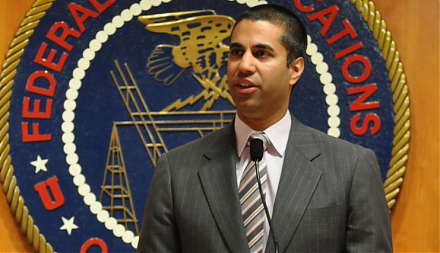

2017-08-25 13:36:00 Fri ET
stock market competition macrofinance stock return s&p 500 financial crisis financial deregulation bank oligarchy systemic risk asset market stabilization asset price fluctuations regulation capital financial stability dodd-frank
The U.S. Treasury's June 2017 grand proposal for financial deregulation aims to remove several aspects of the Dodd-Frank Act 2010 such as annual macro stress tests, supervisory bank capital reviews, proprietary trading restrictions, and so forth. Fed Vice Chair Stanley Fischer warns that the current financial deregulation can be extremely dangerous and myopic: "It took almost 80 years after 1930 for America to experience another [global] financial crisis that could have been of that magnitude... now after 10 years everyone wants to return to a status quo before the [next financial downturn]."
As prior monetary policy turns out to be a rather ineffective solution for the post-crisis macro malaise, fiscal stimulus garners a lion's share of public attention toward lower income taxation and indefinite tax holiday for corporate offshore cash repatriation. Regardless of whether the Dodd-Frank supervisory stress instruments should remain for a more stable U.S. banking system, the Fischer comment rings the alarm bell of fiscal quid pro quo for weak monetary stimulus. This information exchange offers valuable food for thought to the typical stock market investor. While the trend can be his or her friend, the investor needs to weigh the pros and cons of short-term stock price momentum vis-a-vis the close nexus between long-term economic fluctuations and stock market gyrations.
If any of our AYA Analytica financial health memos (FHM), blog posts, ebooks, newsletters, and notifications etc, or any other form of online content curation, involves potential copyright concerns, please feel free to contact us at service@ayafintech.network so that we can remove relevant content in response to any such request within a reasonable time frame.
2018-05-15 08:40:00 Tuesday ET

Net neutrality rules continue to revolve around the Trump administration's current IT agenda of 5G telecom transformation. Republican Senate passes the
2018-10-19 13:37:00 Friday ET

PayPal earns great fintech reputation from its massive worldwide network of 250+ million active users. As PayPal beats the revenue and profit expectations o
2022-04-15 10:32:00 Friday ET

Corporate investment management This review of corporate investment literature focuses on some recent empirical studies of M&A, capital investm
2020-10-13 08:27:00 Tuesday ET

Agile lean enterprises strive to design radical business models to remain competitive in the face of nimble startups and megatrends. Carsten Linz, Gunter
2019-07-29 11:33:00 Monday ET

Blackrock asset research director Andrew Ang shares his economic insights into fundamental factors for global asset management. As Ang indicates in an inter
2020-10-27 07:43:00 Tuesday ET

Most agile lean enterprises often choose to cut costs strategically to make their respective business models fit for growth. Vinay Couto, John Plansky,